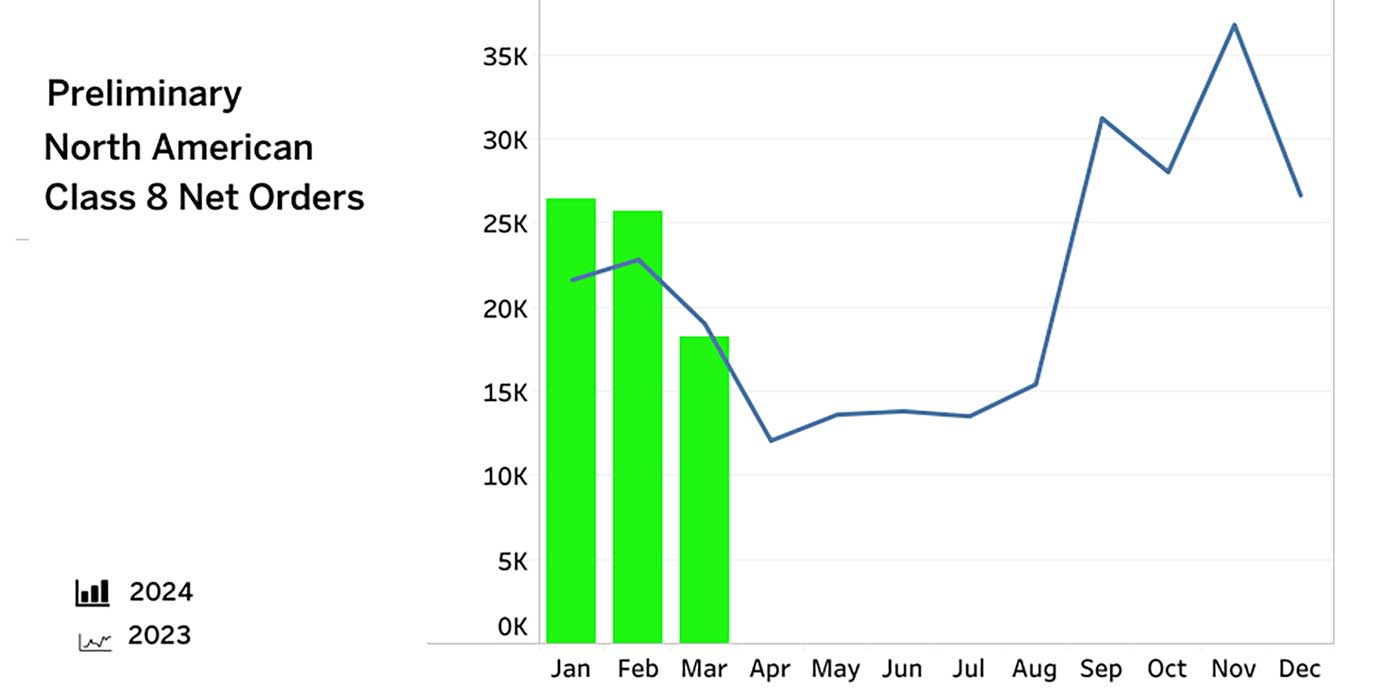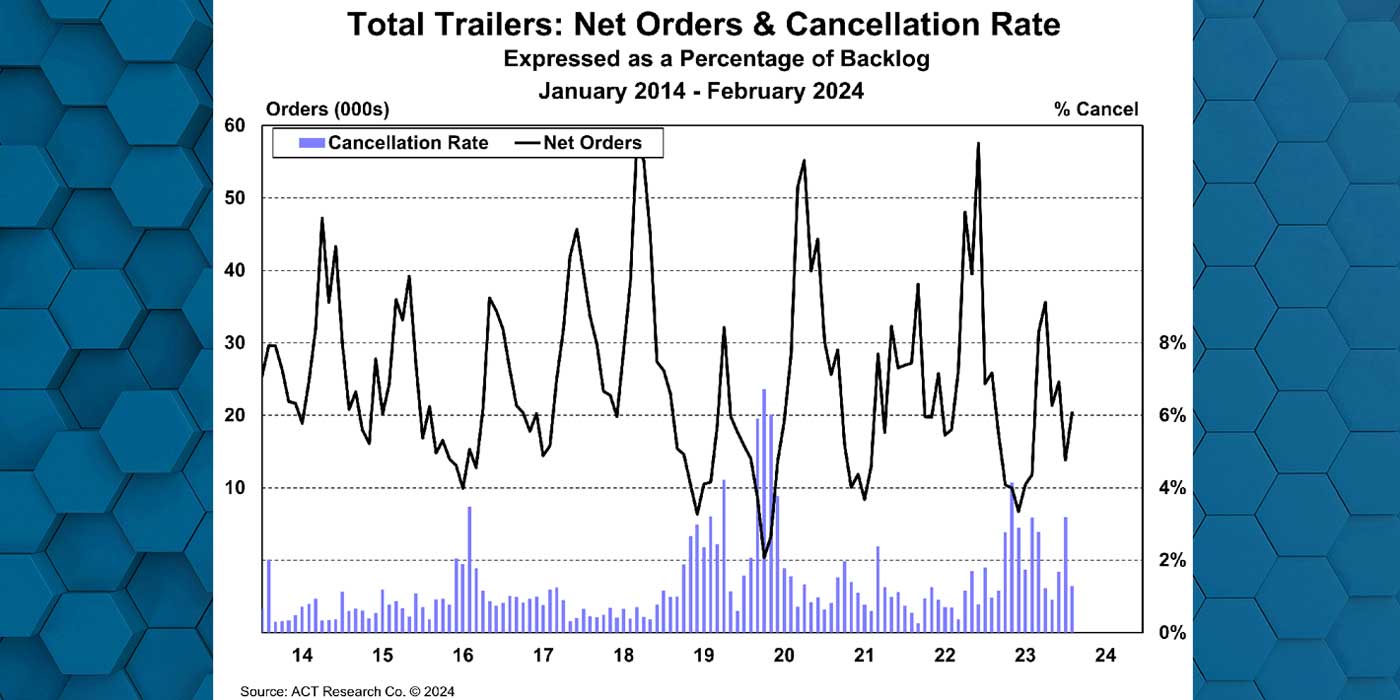Commercial trucking fleets are spending a lot of time these days trying to meet all of the rules and regulations in FMCSA’s rollout of CSA, which officially began December 2010. Fleets and drivers are both affected by CSA. A high score, which is bad, can lead to government intervention for the fleet and potential serious difficulty in finding/keeping a job as a driver. Since tires play a major role in the CSA scoring system, fleets need to understand the penalty point system associated with various tire conditions.
The latest Safety Measurement System (SMS) Methodology document has been published by FMCSA (download here). This 123-page document details and quantifies how the SMS score is calculated. The SMS score allows the enforcement community to identify specific safety problems for fleets, and will be used to continuously monitor on-road performance to determine whether a carrier’s safety performance has improved or if intervention is warranted.
Tires fall into the vehicle maintenance category of the Behavior Analysis & Safety Improvement Category (BASIC) system. FMCSA has attached a violation severity number to be used in calculating the SMS score; depending on the specific tire issue either an (8) or a (3) will be applied for each violation.
Violations that carry the (8) severity rating include:
• Flat tire or fabric exposed
• Ply or belt material exposed
• Tread and/or sidewall separation
• Flat tire and/or audible air leak
• Cut exposing ply and/or belt material
• Steer tire tread depth less than 4/32-in.
• Drive, trailer, dolly tire tread depth less than 2/32-in.
It is obvious that a driver walk-around vehicle inspection that includes tires should identify these high severity violations. But it is not always easy to inspect those inside dual tires. Bad weather complicates this inspection.
Tires that show cuts and exposed steel or fabric are not recommended to be running on vehicles. Tires with tread depths below 4/32-in. for a steer and 2/32-in. for all other wheel positions have been in effect for just about forever and are clearly not suggested. A simple tread depth gauge will identify low tread depth tires. A tire with an audible air leak must have a large puncture and will lead to an eventual tire failure. Just looking at a tire on a vehicle will not determine if a tire is “flat.” It must be measured with a calibrated tire inflation gauge. The Commercial Vehicle Safety Administration (CVSA) considers a tire flat when the measured air pressure is less than 50% of the maximum tire pressure molded into the tire sidewall. The current industry standard followed by most fleets in considering when a tire is flat and needs to be removed is 20% below the fleet air pressure specification.
Violations that carry a (3) severity rating include:
• Tire underinflated based on load
• Regrooved tire on the steer axle
• Weight exceeds tire load limit
Regrooved tires are primarily used by bus fleets and are not an issue for trucking fleets. Exceeding a tire load capacity is never suggested for tires and is clearly illegal. The violation on this list that can and probably will affect many fleet SMS scores is tire underinflation. Every industry study shows that tire underinflation is a widespread issue, especially on inside duals and trailer tires.
The dilemma here is that nobody has clearly delineated a definition of underinflation. Is it 10%, 15%, 20% or even higher? And, is it based on what is written on the tire sidewall or is it based on the fleet’s tire air pressure specification? Because of the ambiguity surrounding how underinflation is determined, a fleet could rack up points fairly quickly as enforcement officers use their own criteria to determine that tires on an 18-wheel rig are underinflated, assigning three points for each one.
In addition to points adding up for various safety violations, there are also added points associated with frequency. The scoring system assigns weights to time and severity of violations based on relationship to crash risk:
> last 6 months = 3 x weight
> 6-12 months = 2 x weigh
> 12-24 months = 1 x weight
Fleets need to have a serious tire program in place to minimize the impact tires will play when it comes to keeping SMS scores low.













